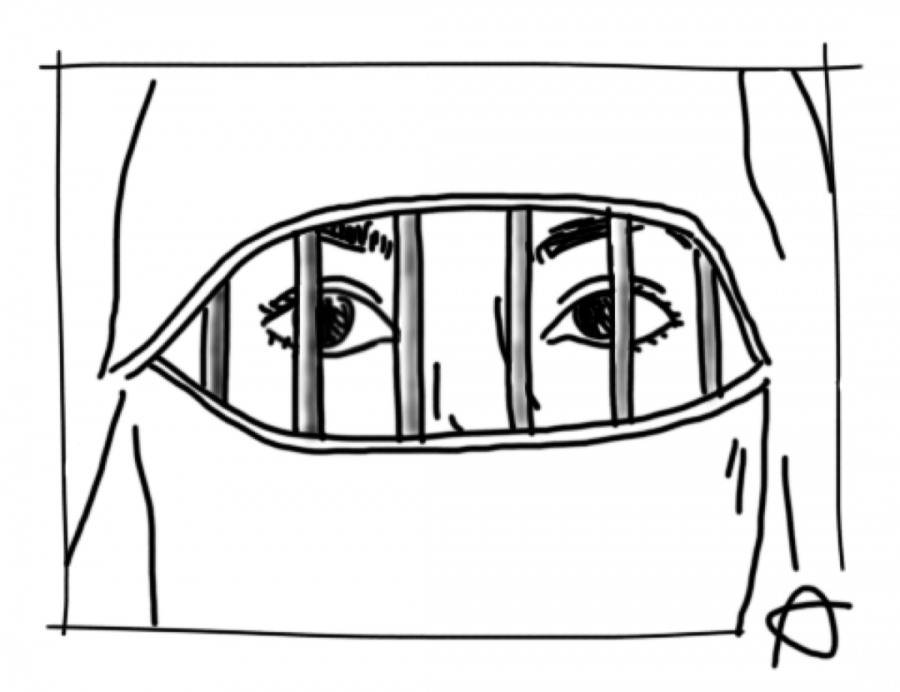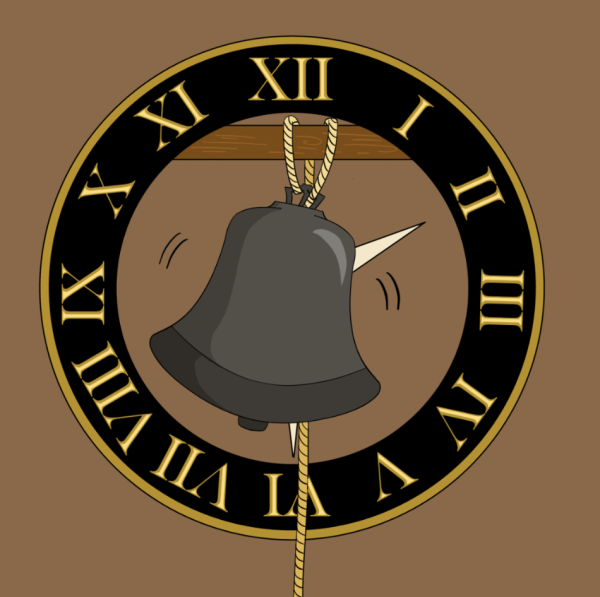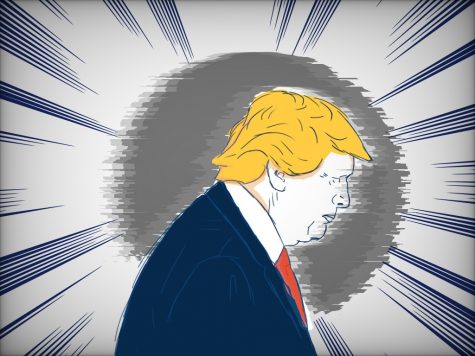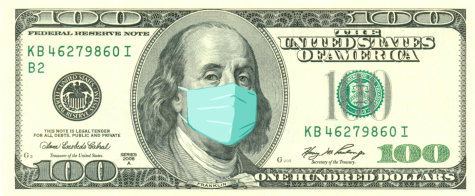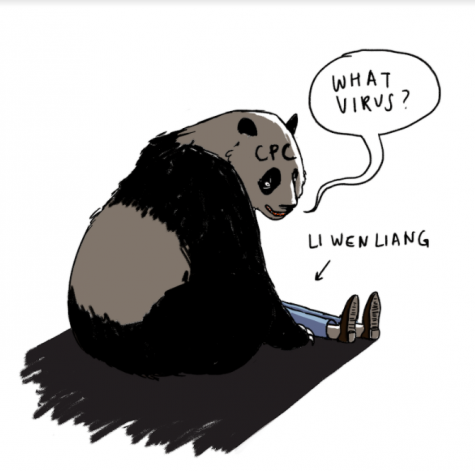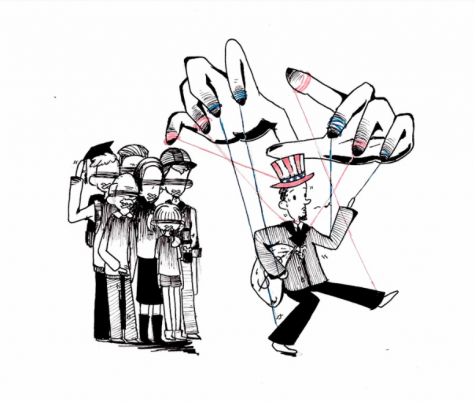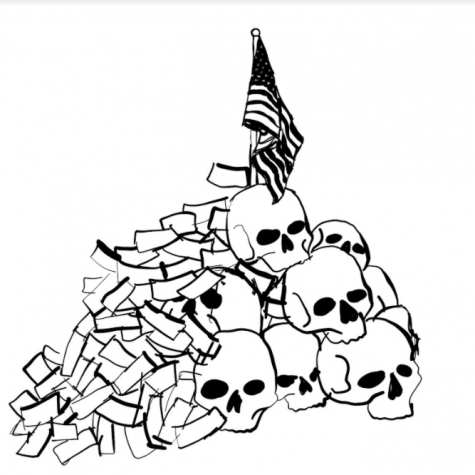Burqa(n) or Burqa(nt)? Groton’s Muslims share their views
Religious symbol, disguise, or tool for oppressing women? The burqa, the world’s most controversial garment.
On January 10, the production and sale of burqas—clothing worn in public by some Islamic women—was banned in all of Morocco for security reasons. A burqa is a full-body garment that covers the neck and head of the wearer; a mesh screen conceals the face while allowing her to see out. The Moroccan government has not officially declared this new ban, but burqa sellers have received a warning from the state to stop distributing them. The main concern for the Moroccan government is that people using burqas are unrecognizable because they are completely covered by cloth. According to the Daily Mail, the Moroccan government has reported that they have had concerns with apprehending criminals in the past because many of their identities are unknown due to burqas.
When asked her opinion of the ban, Ms. Skhan Arshad, a Muslim leader at Groton, responded that “the burqa ban doesn’t make sense, it contradicts with the basic human values and personal rights.” Furthermore, she emphasized that Morocco “is a Muslim country and women shouldn’t be oppressed.” Ms. Arshad also believes that the ban of burqas will not benefit the society but will only create anger, so that the people who take offense from the ban might wear burqas even more.
Moreover, Raad Zeid ’19, a Muslim student at Groton, thinks the ban is unwarranted. He mentioned that“changing what item of clothing someone can wear might seem fine, but when a person wears a burqa, [they are] wearing it for religious reasons.” Raad also wondered “[ if] the [Moroccan government] can get away with [the burqa ban], then what will stop them in the future from making more drastic measures?”
Faiz Malik ’19, another Muslim student, believes that “policing what women wear won’t stop extremism… [but] perpetuate the problem.” Afran Ali ’20, a third Muslim student, sees the ban of burqas in Morocco as “an overstep on the government’s part”; however, she believes that the government’s intention was not discriminate Muslims, but to protect the population of Morocco.
Furthermore, this new ban raises the issue of whether the government of Morocco will go further and ban more common Islamic garments like the niqab and hijab. The niqab is similar to the burka, but dispenses with the mesh face covering, instead leaving a narrow slit for the eyes. Like the burqa, the niqab covers the wearer so thoroughly that it both hinders facial identification and allows for the concealment of weapons, making it essentially the same garment from a security perspective. The hijab, meanwhile, covers only the head and chest, largely dodging potential security concerns.
The Moroccan government says it banned the burqa for security reasons, and there is little reason to doubt their claim. The main purpose of this ban was to protect the people, not violate their rights; however, the ban is doing the opposite by denying the people the right to practice religious freedom. Moreover, Muslims are concerned with the behavior of Morocco towards the majority of their population and whether this violation of human rights will create peaceful interactions or more violence than before. It remains to be seen whether the ban has adequately addressed security concerns or if there remains a religious and political frenzy that has yet to flourish.


